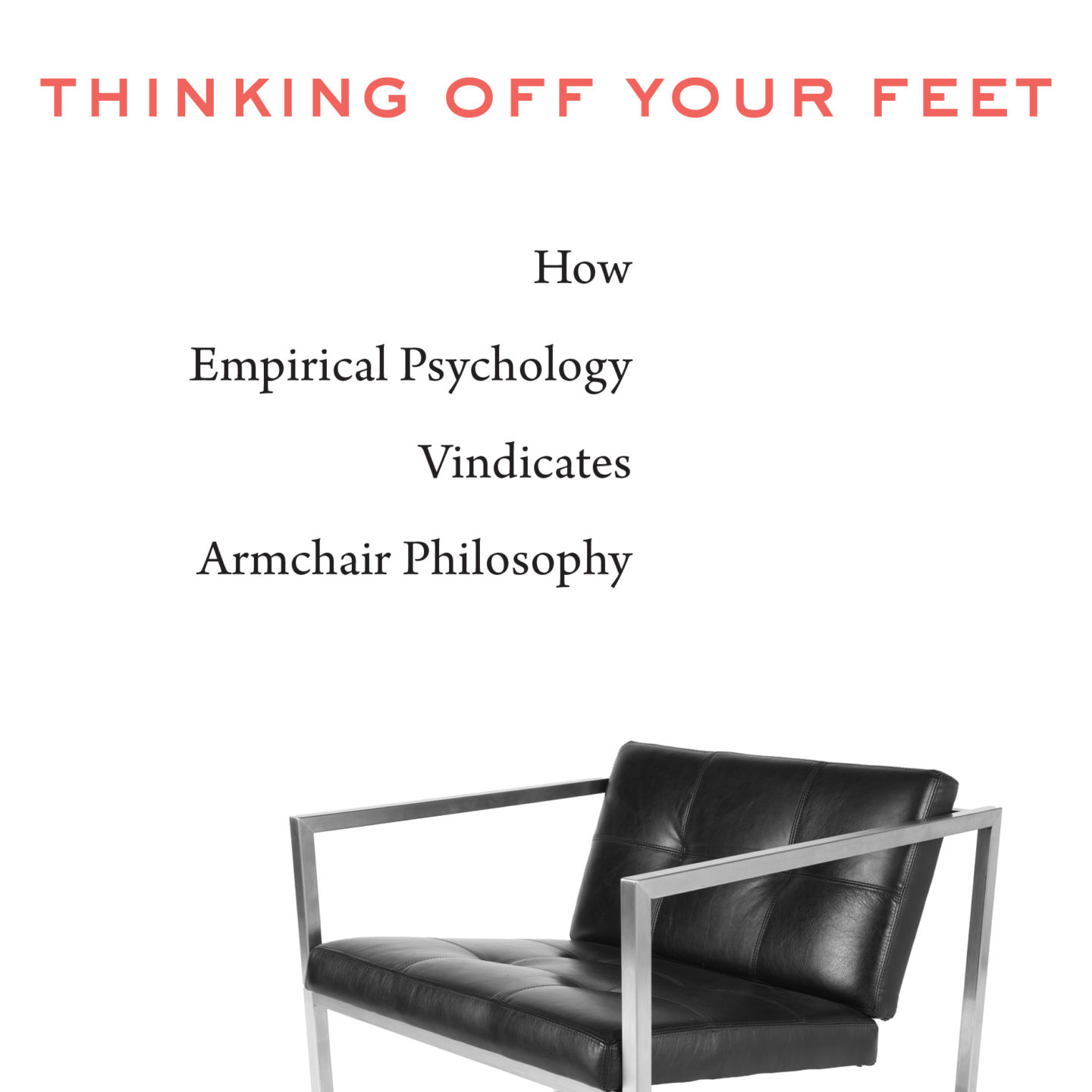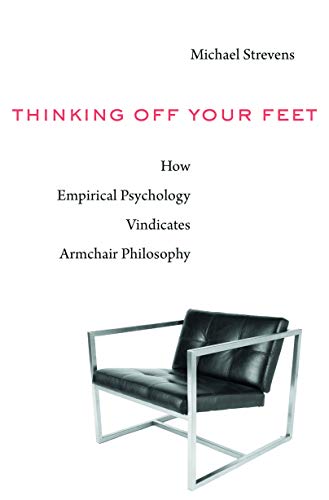We are grateful to Majid Davoody Beni for blogging this week on Cognitive Structural Realism: A Radical Solution to the Problem of Scientific Representation (Springer, 2019). To view all of Majid’s post on a single page, please click here.
1. Cognitive Structural Realism
I am grateful to John Schwenkler for giving me the opportunity to present my first book Cognitive Structural Realism, which aims to consolidate the ties between the philosophy of science and cognitive science. There already is some connection between these fields, given that the philosophy of cognitive science is a …




